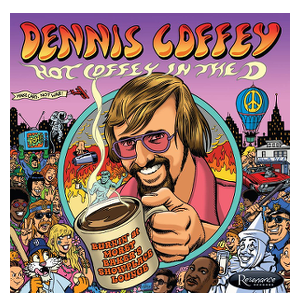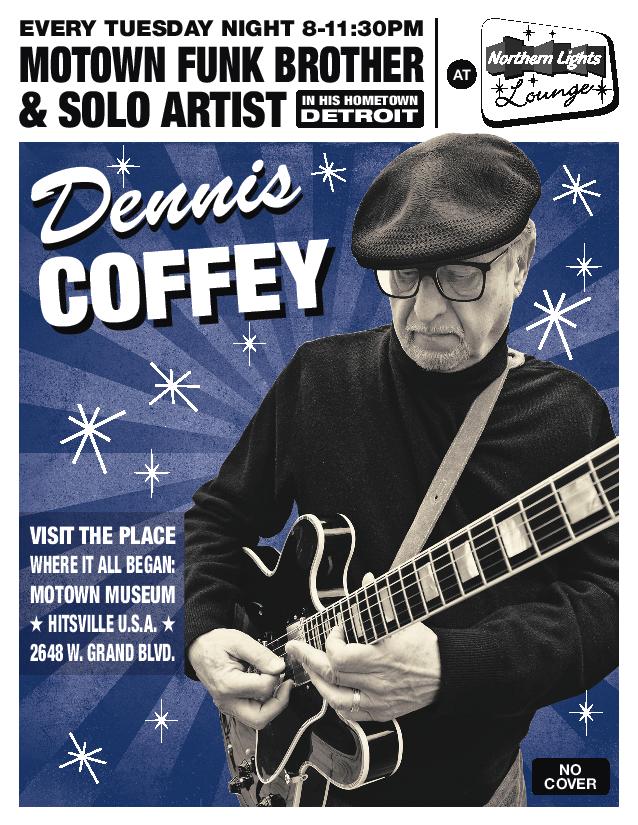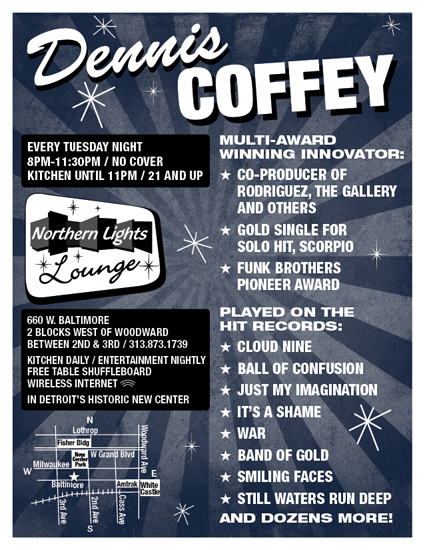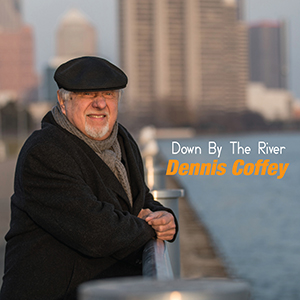Blog
MY GUITAR HEROES – WES MONTGOMERY
MY GUITAR HEROES – WES MONTGOMERY
Montgomery was born in Indianapolis, Indiana. He came from a musical family; his brothers, Monk (double bass and electric bass) and Buddy (vibraphone and piano), were jazz performers. The brothers released a number of albums together as the Montgomery Brothers. Although he was not skilled at reading music, he could learn complex melodies and riffs by ear. Montgomery started learning the six-string guitar at the relatively late age of 20 by listening to and learning the recordings of his idol, guitarist Charlie Christian; however, he had played a four string tenor guitar since age twelve. He was known for his ability to play Christian’s solos note for note and was hired by Lionel Hampton for this ability.
To many, Montgomery’s playing defines jazz guitar and the sound that students try to emulate. jazz guitarist Bobby Broom, in a video history of Montgomery’s impact on musicians and guitarists in jazz, notes:
Much has been made of the year 1959 in the history of jazz music. It’s been called its most prolific year. It’s been called the year jazz died… One figure that is grossly ignored… is the iconic Wes Montgomery, the jazz guitarist from Indianapolis who emerged in 1959 with his first trio record… The name of the record was “A Dynamic New Sound.” It ushered in a figure that became one of the most celebrated, if not the most celebrated, on the instrument in jazz music. Wes introduced a brand new approach to playing the guitar using techniques that were really unexplored. The octave technique… and his chord melody and chord soloing playing still is today unmatched, and definitely a revelation to jazz guitar playing.
The first time I heard Wes Montgomery play guitar live, I was blown away! He was appearing at The Drome Lounge on Dexter in Detroit with an organ trio. All of the guitar teachers and players were talking about him so some of us decided to go see this new Jazz guitarist. Wes was an amazing natural talent. He played so funky and melodically that he introduced jazz to a brand new generation. He would come down off the piano bar stage on his break and ask all the guitar players if they wanted to sit in. Local guitarists and teachers who I respected all turned down his invitation. I did too. We didn’t want to embarrass ourselves. Wes was that good.
I made it down to see Wes every time he was in town and got to know him. We discussed our Gibson guitars and once when Wes was complaining about the bridge on his guitar, I suggested he buy a different style with a solid ebony base like the one I was using. I once saw Wes swinging so hard on a solo that he ran out of notes on the high end of the fingerboard on his guitar. He looked surprised, laughed and started another solo. He could really jam. I remember when I heard that he passed away at the age of forty five; I was played at the Twenty Grand in Detroit. The guitar community lost a great musician that day and a nice guy.

